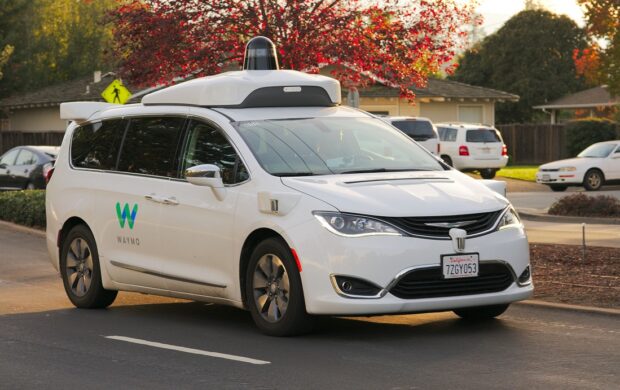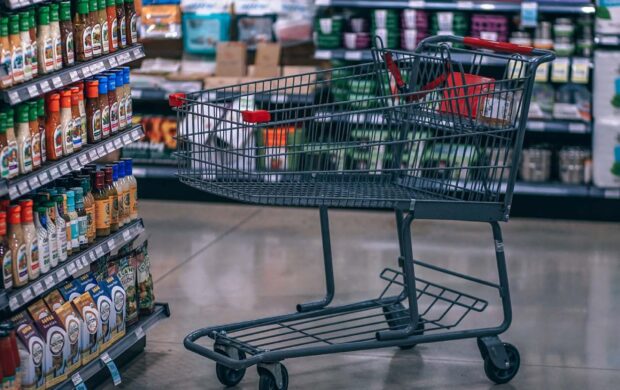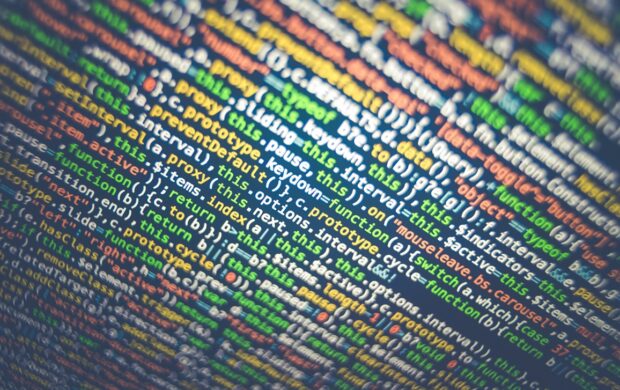The brands of Volkswagen group- Audi, Porsche and Volkswagen are set to use Artificial Intelligence for identification of sustainability risks not just among business partners, but also at the lower levels of their supply chains.

The developed technology, known as Prewave, will identify sustainability risks like environmental pollution, human rights abuse etc. at an early stage by identifying and analysing supplier-related news from public media and social networks and notify the brands if there is any sustainability risk in the supply chain.
So what?
Often large conglomerates are not wary of or do not bother about the supply chain of the different parts that go into making their products as they are concerned about their own products, while these lower levels of the supply chain contribute the maximum to environmental injustices.
This adoption of AI to detect supplier-related information will benefit in a two-fold way. Firstly, it will ensure transparency at these lower levels of the supply chain thereby addressing any sustainability risks at the onset and taking countermeasures quickly targeted at such risks to ensure sustainability is embedded at every level of the supply chain. Secondly, this will open avenues for the integration of AI in sustainability models across industries and sectors that can not only identify such risks, but with evolution of technology can start negating these risks as well.
Can this move by the Volkswagen Group be a catalyst of change in more conglomerates across industries to adopt machine learning and automated processing? Will this open new avenues of risk assessments which were not possible by manual interventions?
Sources
-
 Porsche, Audi and Volkswagen use Artificial Intelligence to minimise sustainability risks https://www.automotiveworld.com/news-releases/porsche-audi-and-volkswagen-use-artificial-intelligence-to-minimise-sustainability-risks/
Porsche, Audi and Volkswagen use Artificial Intelligence to minimise sustainability risks https://www.automotiveworld.com/news-releases/porsche-audi-and-volkswagen-use-artificial-intelligence-to-minimise-sustainability-risks/ -
Volkwagen Group brands using Prewave AI technology to minimize sustainability risks with predictive alerts https://www.greencarcongress.com/2021/03/20210304-prewave.html











Join discussion